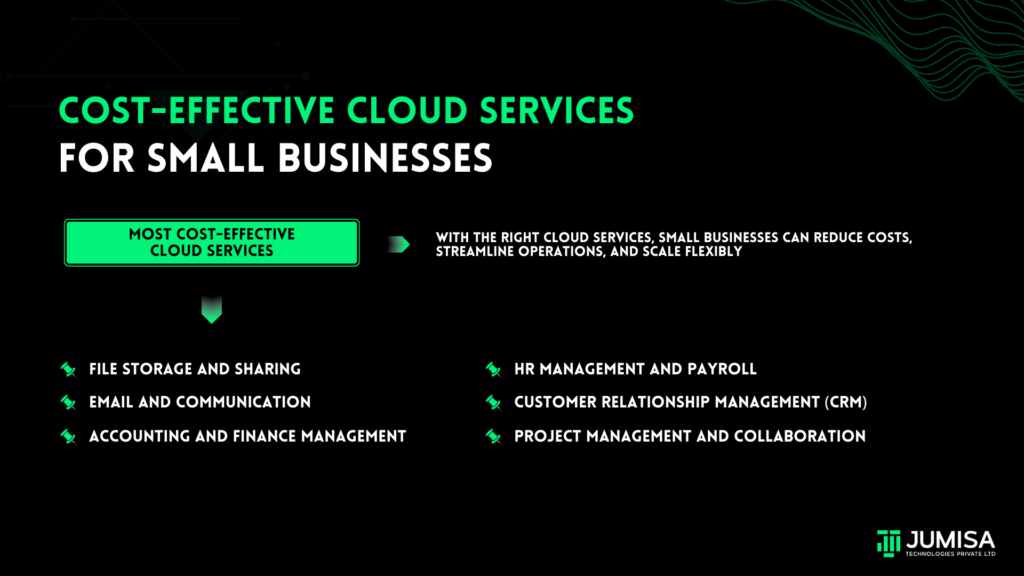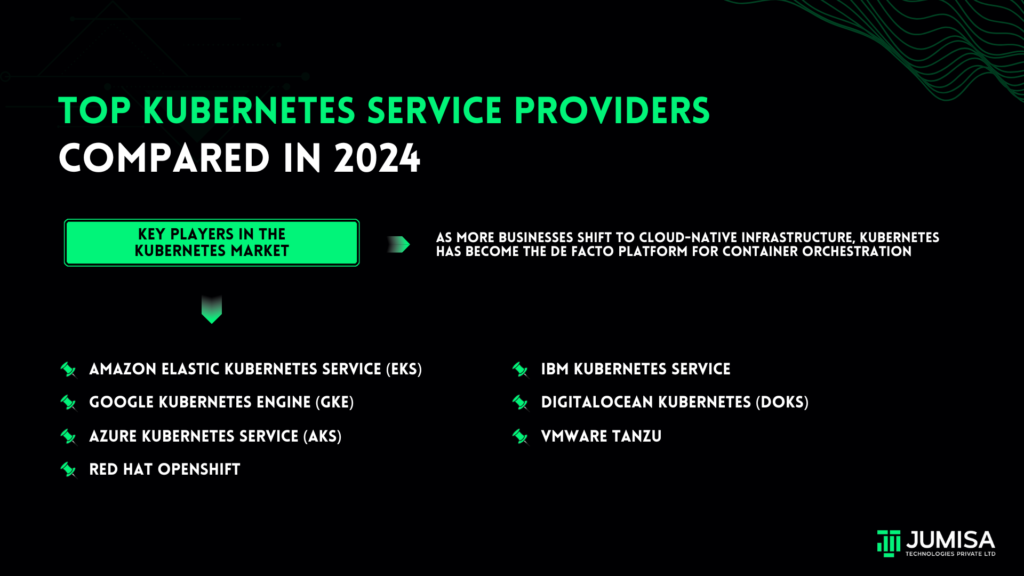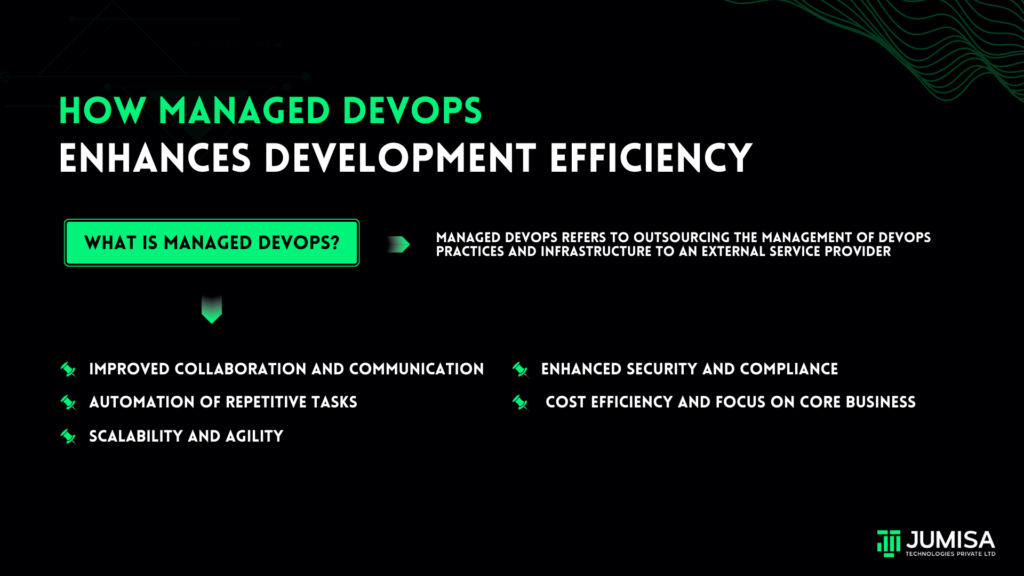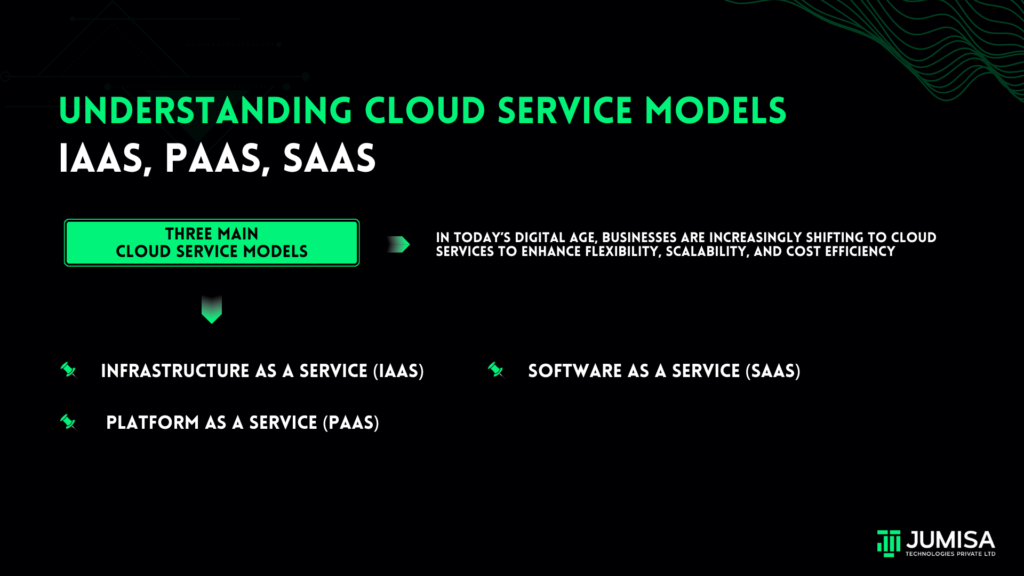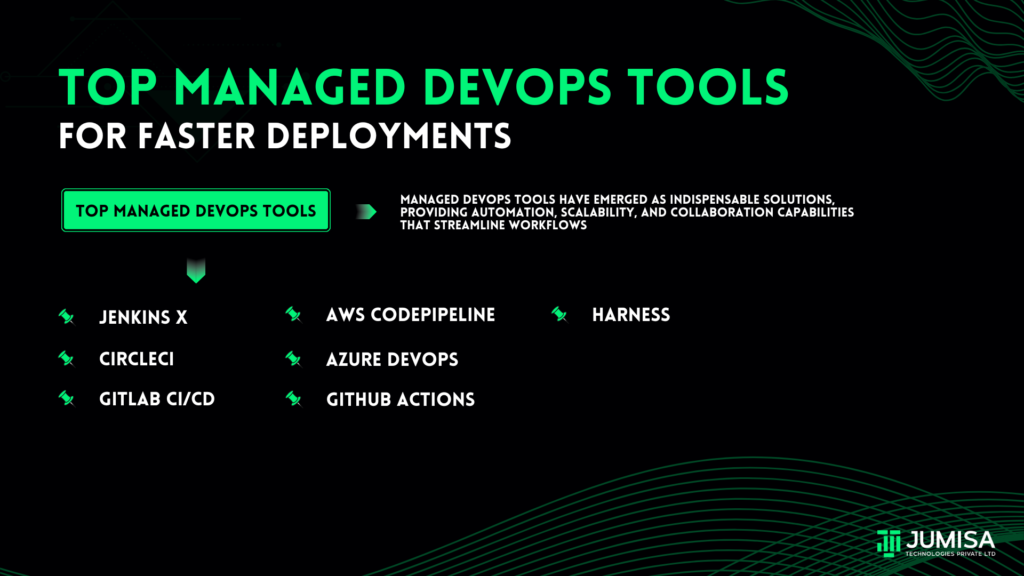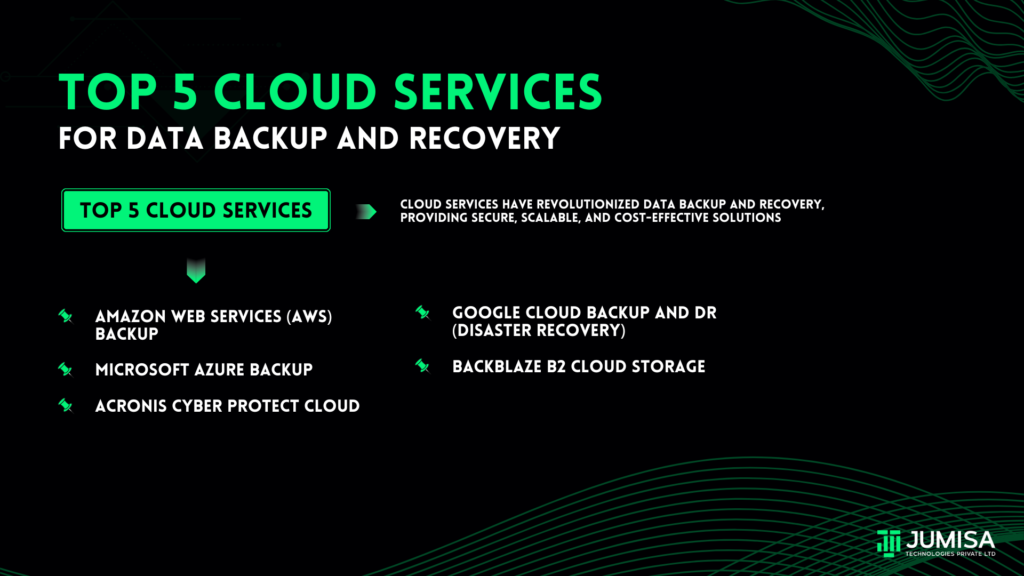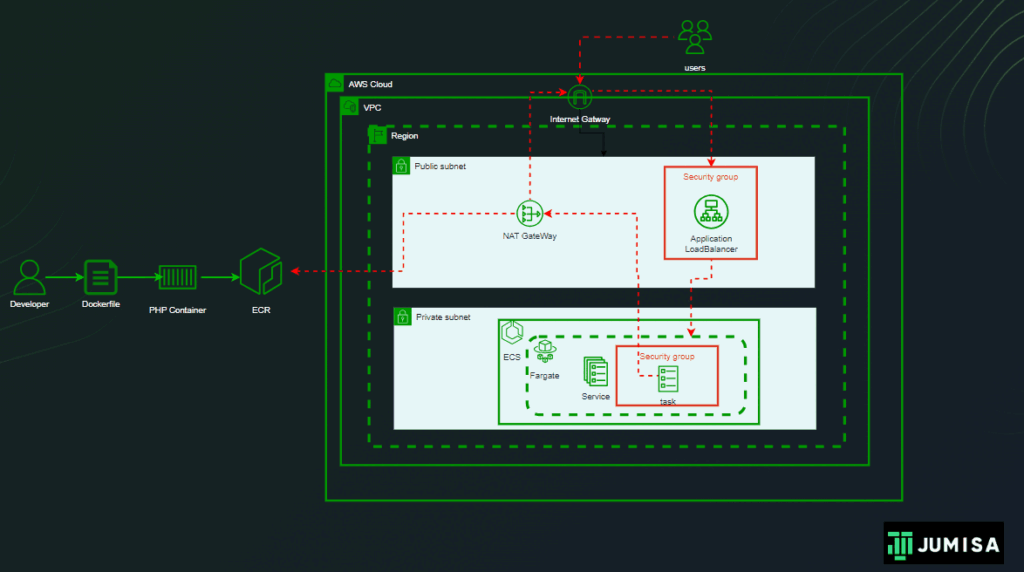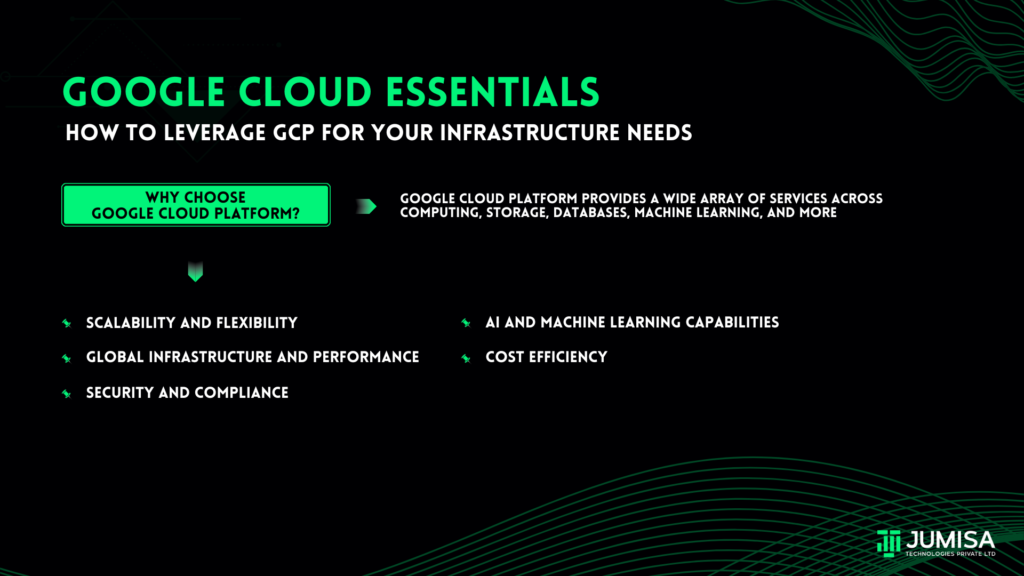
In today’s rapidly evolving digital landscape, businesses are increasingly turning to cloud computing to meet their infrastructure needs. Among the leading cloud service providers, Google Cloud Platform (GCP) stands out for its robust infrastructure, scalability, and cutting-edge technologies. Whether you’re a startup looking to scale rapidly or an established enterprise seeking to innovate, GCP offers a comprehensive suite of services designed to support your infrastructure requirements efficiently and securely.
Why Choose Google Cloud Platform?
Google Cloud Platform provides a wide array of services across computing, storage, databases, machine learning, and more. Here’s how businesses can leverage GCP to enhance their infrastructure:
1. Scalability and Flexibility
One of the key advantages of GCP is its scalability. Businesses can scale their infrastructure up or down based on demand, ensuring they only pay for what they use. This elasticity is crucial for handling unpredictable workloads and accommodating growth without the need for extensive upfront investments in hardware.
2. Global Infrastructure and Performance
Google Cloud operates one of the largest and most advanced global networks, with data centers strategically located around the world. This infrastructure ensures low-latency connections and high availability, enabling businesses to deliver fast and reliable services to their users globally. Whether you’re targeting regional markets or a global audience, GCP’s network infrastructure supports your business needs effectively.
3. Security and Compliance
Security is a top priority for businesses moving to the cloud, and GCP offers robust security measures to protect data and applications. Google invests heavily in security, with built-in encryption, identity management, and comprehensive compliance certifications (such as SOC 2, ISO 27001, and GDPR compliance) to meet regulatory requirements across industries. This ensures that businesses can migrate sensitive workloads to the cloud with confidence.
4. AI and Machine Learning Capabilities
GCP’s integration with Google’s advanced AI and machine learning tools provides businesses with powerful capabilities to derive insights from data and automate processes. Services like Google AI Platform, TensorFlow, and BigQuery ML enable businesses to build, train, and deploy machine learning models at scale, driving innovation and enhancing decision-making capabilities.
5. Cost Efficiency
GCP offers a pay-as-you-go pricing model, which allows businesses to optimize costs by paying only for the resources and services they use. Additionally, sustained use discounts and preemptible VMs provide cost-saving opportunities for workloads with predictable usage patterns or flexible processing requirements.
Getting Started with Google Cloud Platform
1. Assess Your Infrastructure Needs
Before migrating to GCP, assess your current infrastructure and identify areas where cloud computing can add value. Consider factors such as scalability requirements, performance expectations, security considerations, and compliance needs.
2. Plan Your Migration Strategy
Develop a comprehensive migration strategy that aligns with your business goals and minimizes disruption to operations. Prioritize workloads for migration based on complexity, criticality, and potential benefits. Leverage tools like Google’s Migration Suite for seamless migration of virtual machines, databases, and applications to GCP.
3. Utilize Core Services
Explore GCP’s core services to build a robust infrastructure foundation:
Compute Engine: Provision virtual machines (VMs) with customizable configurations to run your applications.
Google Kubernetes Engine (GKE): Orchestrate containerized applications using Kubernetes for enhanced scalability and management.
Cloud Storage: Store and manage data in a highly scalable, durable, and secure environment.
BigQuery: Analyze large datasets quickly with a fully managed data warehouse and machine learning capabilities.
4. Embrace Managed Services
Take advantage of GCP’s managed services to offload operational tasks and focus on innovation:
Cloud Functions: Build serverless applications that automatically scale based on demand.
Cloud SQL: Managed relational databases with automated backups, replication, and patch management.
Firebase: Mobile and web application development platform with real-time database and analytics capabilities.
5. Optimize and Monitor
Continuously optimize your infrastructure on GCP to improve performance and reduce costs. Use tools like Google Cloud Monitoring and Cloud Logging to monitor application performance, diagnose issues, and ensure uptime. Implement best practices for security, governance, and compliance to protect your data and applications effectively.
Conclusion
Google Cloud Platform offers a comprehensive suite of services and tools to meet the diverse infrastructure needs of businesses across industries. Whether you’re looking to improve scalability, enhance security, leverage AI and machine learning, or optimize costs, GCP provides the capabilities and global infrastructure to support your digital transformation journey. By understanding your requirements, planning strategically, and leveraging GCP’s powerful services, you can build a flexible, secure, and efficient cloud infrastructure that drives innovation and accelerates business growth.
Start your journey with Google Cloud Platform today and unlock the full potential of cloud computing for your organization’s infrastructure needs.

